The BBC’s Gaelic broadcasting service started 100 years ago this month, when its first radio transmission in the Gaelic language was aired, on Sunday December 2, 1923 – a 15-minute religious address by Reverend John Bain, recorded in the High United Free Church at the junction of Belmont Street and Schoolhill in Aberdeen.
I doubt whether my father, who would have been 13 at the time, or my mother, aged six on that day, or any of their people (all monoglot Gaelic speakers in South Uist) heard the service, because another 40 or so years had to pass before any radio signals became available in my native island. And no doubt they would have preferred to hear a priest anyway.
When that first Gaelic broadcast was made, there were (according to the 1921 census) 151,159 Gaelic speakers, 10,314 of whom had no English. Today, the number of overall speakers of the language is about 58,000 – a 60% loss in the last 100 years. I don’t think there are any monoglot Gaelic speakers left.
Now, I’m not blaming the BBC for that catastrophic loss of language – emigration, depopulation, wars, an official education system that stigmatised and excluded Gaelic, and increasing globalisation achieved that. Although, broadcasting itself is, without doubt, an essential part of the destructive cycle.
It is, after all, the British (not the Boisdale) Broadcasting Service, with the dynamic – the narrative and ideology – that entails. There’s an old Gaelic proverb that says: “Is fhada Dùn Èideann bhon fhear tha ’g èirigh san Stòr” – Edinburgh is far from the man who rises at Stoer.” (Stoer is a parish in the west of Sutherland.)
In other words, the news in Edinburgh (or Glasgow or London or Aberdeen or Inverness or Stornoway) is not necessarily the news in Glenelg or Lochboisdale or Achnasheen or Inverbervie or Staffin.
It’s the old version of the nightly phrase we hear from London after the main BBC news: “And, now, for the news where you are.” As the great writer James Robertson put it in his version: “The news where you are comes after the news where we are. The news where we are is the news. It comes first. The news where you are is where you are. It comes after. We do not have the news where you are. The news where you are may be news to you, but it is not news to us…”
So, there is, inevitably, a centralisation of significance: the news nearest the broadcasting station carries more weight than the news from far away: something Father Ted character Father Dougal struggled with.
The news from “far away” is always seen through the filter of the news “from here” – which is part of the reason Scotland is often referred to as “the north” from a London perspective, and anywhere north and west of Crianlarich as “remote”. Remote from what? Civilization? The moon?
Here’s to Calum Kennedy and Donaidh Dotaman
The BBC’s contribution to Gaelic broadcasting over the past 100 years has been significant, though we should not forget that dear old Grampian TV (in those glory days when I worked there) and STV also contributed substantially to Gaelic broadcasting. Could it be that the great Calum Kennedy was our finest gift to the world’s culture?
I think the BBC’s best contribution to Gaelic has been through its radio service. Nowadays, it transmits from 7.30am through until 11.25pm (though the evening programmes tend to be repeats of the morning ones for those of us too busy feeding the hens and deer-rustling in the morning to have heard them). Some of the music programmes are encased in timelessness, so that if, like Rip Van Winkle, you suddenly woke up after 20 years and switched on Radio nan Gàidheal, you’d still hear the same song being played: dear Calum!
We now have BBC Alba, which is a disgrace to the language. It’s supposed to be a Gaelic-language channel, but every night has a broadcasting content of 74% in English
As for television, the highlight over the years has been Donaidh Dotaman. Russia may have had Shostakovich and Stravinsky, and Germany may have had Bach and Beethoven, and England Benjamin Britten and Edward Elgar, but we had Donaidh – the only artist I know who can sing and smile (from ear to ear) and play the guitar while wearing a silly hat, all simultaneously; he has been the pinnacle of Gaelic TV broadcasting.
We now have BBC Alba, which is a disgrace to the language. It’s supposed to be a Gaelic-language channel, but every night has a broadcasting content of 74% in English – over and above “burnt-in subtitles” in English, which you can only get rid of by sticking duct tape along the bottom of the screen.
The channel helps the few native Gaelic speakers who are left to further enhance their English. The one good thing is that a religious service is still broadcast every Sunday on Radio nan Gàidheal. Plus ça change, plus c’est la même chose, as they say in Portree.
Angus Peter Campbell is an award-winning writer and actor from Uist
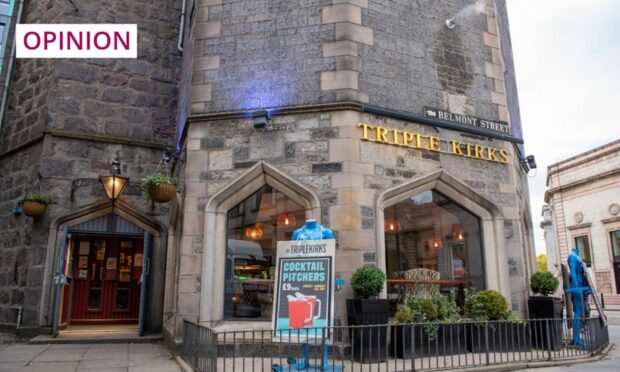
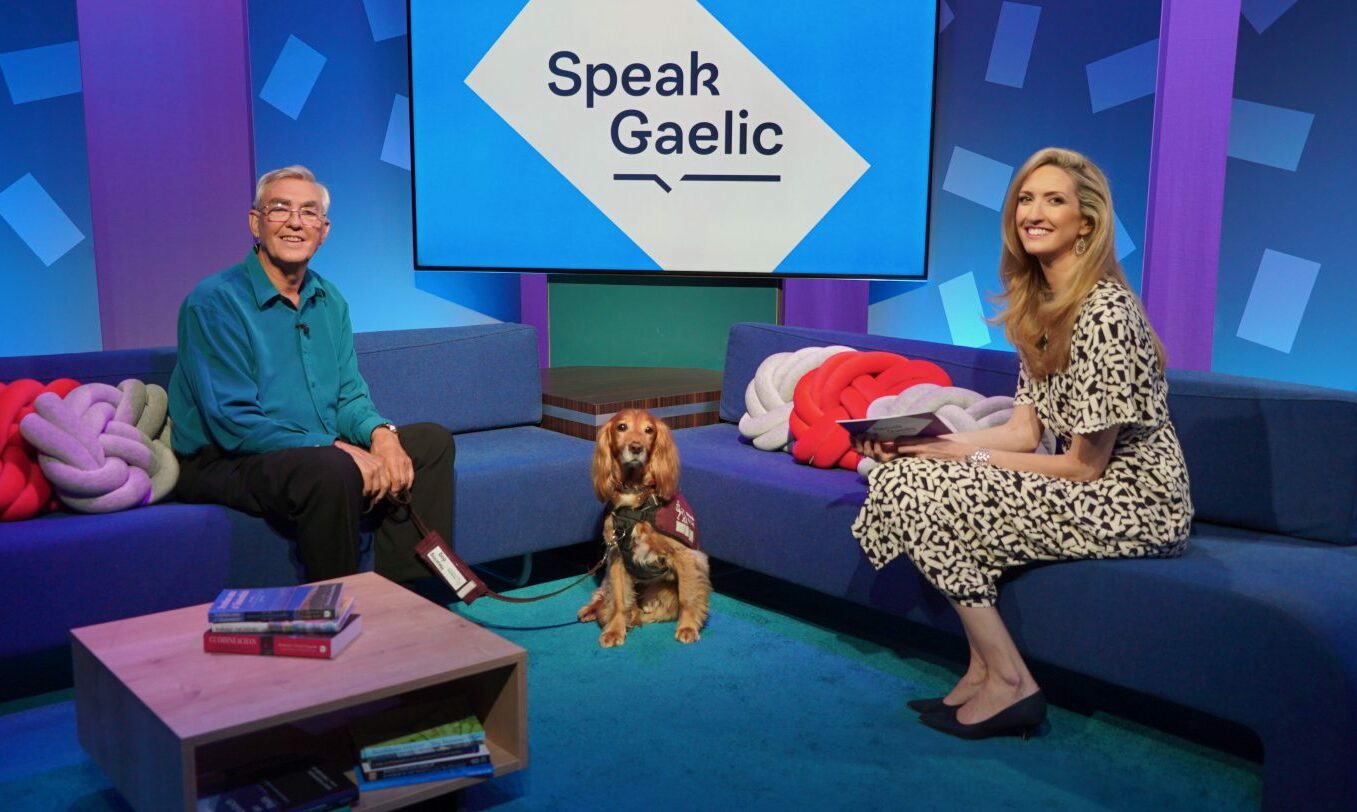
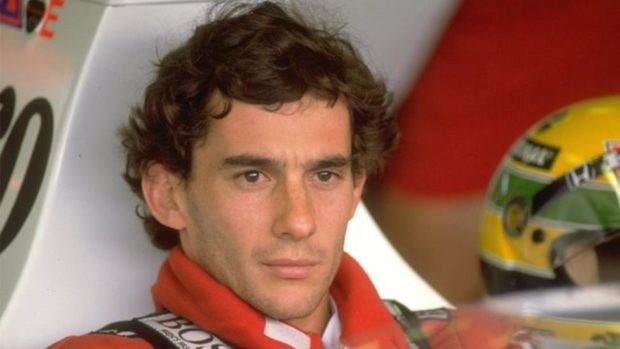
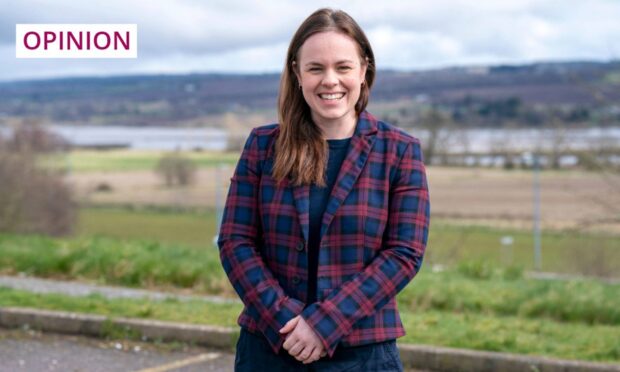
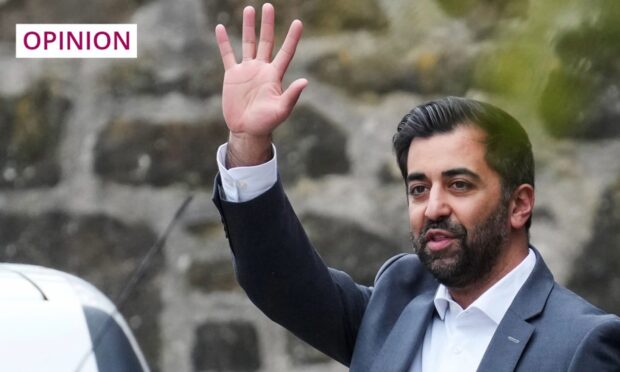
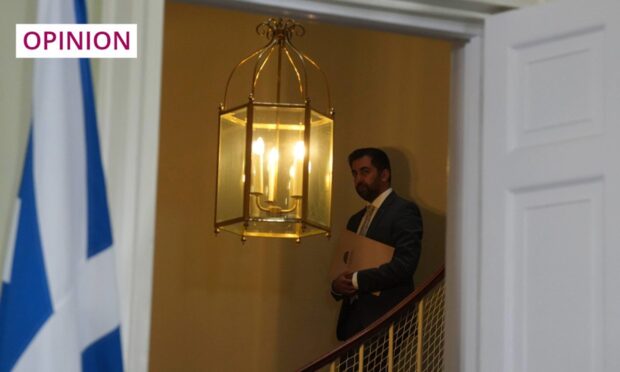






Conversation